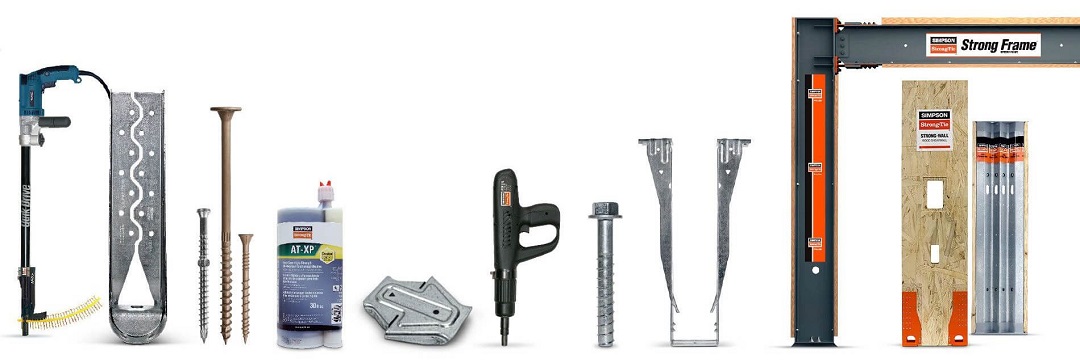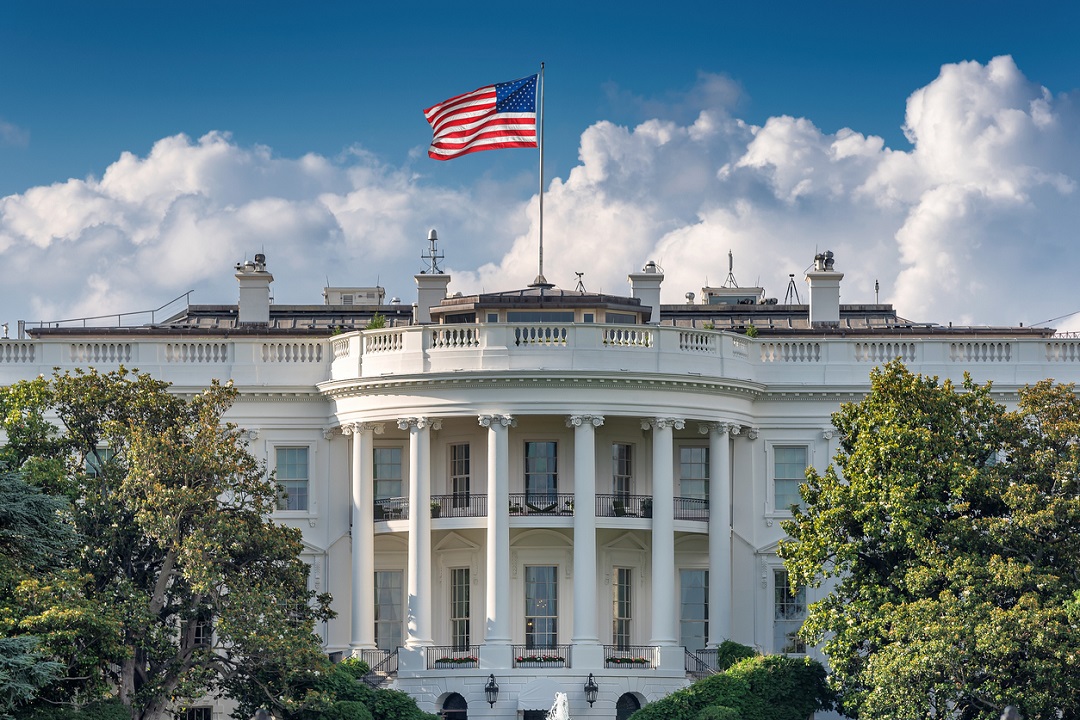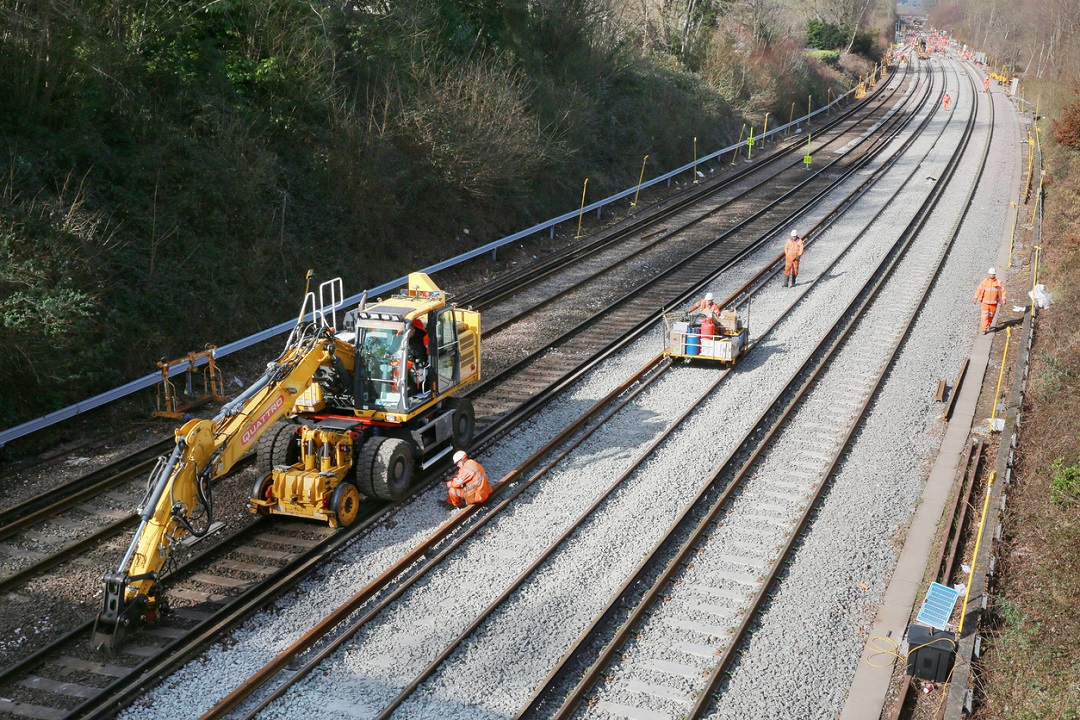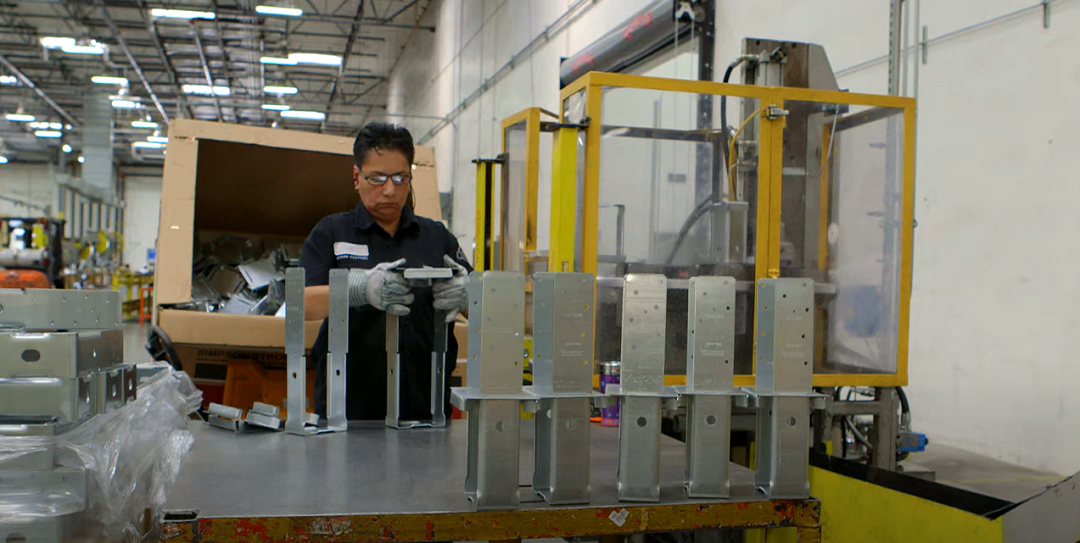Simpson Strong-Tie Senior Field Engineer Nehal Patel breaks down the Buy America Act- passed in 1933, which requires the federal government to buy American–made iron, steel, and manufactured goods wherever possible. He dives into the legislative action and how it relates to Simpson Strong-Tie.
Over the last few years, I had noticed an uptick in questions coming from my engineering customers on whether various Simpson Strong-Tie products are made in the USA or not. Having looked further into this, I realized that most of these questions were the result of engineers trying to better understand the requirements either of the Buy American Act or of the Buy America statute.

Prior to writing this blog, I hadn’t even realized that there was a difference between these two legislative actions. After having put the time into doing some basic research, I decided to put this short blog together to explain their differences and how they both relate to products manufactured by Simpson Strong-Tie.

The Buy American Act or BAA was created in the early 1930s as America was looking for a way to recover from the Great Depression. This legislation gave preference to USA–made products and construction materials for federal procurement and DOD contracts. In a nutshell, to qualify as a USA product, the product has to be manufactured within the country and the cost of the components mined, produced, or manufactured within the US must exceed 50% of the cost of the total components. There are exceptions to the BAA if the overall contract value is below a micro-purchase threshold or if the cost of a domestic end product would be at an unreasonable amount or if domestically sourced materials are simply unavailable at the time.

The Buy America statute signed into law in 1982 applies only to surface transportation — i.e., to the construction of highways, railways, or rapid transit systems and to certain procurement restrictions on state and local government entities that are using federal funds for public use projects. The intent is to strengthen the US economy and manufacturing base by sourcing and manufacturing transportation systems in the USA as much as possible. Buy America applies to projects governed by the Federal Transit Authority (FTA) and includes roads, bridges, rail systems, etc. The regulation is more specific for construction using steel and iron. All iron and steel components must be produced and manufactured in the USA, using steel originating in the US as well. Government authorities may include more stringent restrictions of the Buy America provisions in their contract specifications for a given project. As with the Buy American Act, there are exceptions that can be granted based on minimum contract threshold, availability, and whether the construction is temporary and not permanent.
There are many important nuances to the Buy American Act and Buy America, and a material, product, or construction material doesn’t have to be sourced from the USA to be used. The Biden Infrastructure Acts of 2021 incorporated these regulations as well, but more on that another time. It’s important to know what regulatory agency and regulations apply to your particular project.

Simpson-Strong-Tie’s compliance team can help determine whether certain manufactured materials fall into either of these legislative provisions. Simpson Strong-Tie adhesive anchor products are manufactured in the US and qualify for the Buy American Act and Buy America. The vast majority of Simpson Strong-Tie connectors sold in the US qualify for the Buy American Act; but to be compliant, Simpson Strong-Tie must certify that the steel is produced in a specific US steel mill. Mechanical anchors and fasteners are manufactured globally. In a future blog we will explore other domestic procurement regulations and provide a more in-depth look at various product lines.
References used :


